In these turbulent times of the climate crisis, an increasing number of people are scratching their heads wondering what to do about their impact from flying.
Of course, billions of other people all over the planet aren’t scratching their heads at all and instead, are excitedly planning where they’ll fly to next, or perhaps, wondering where in the world they might be sent on a business trip.
Let’s face it, this is an entirely normal notion, and the same right and privilege so many of us have been afforded in our wealthy first-world lives for decades. We have to fly to get to places.
The reality is that for the last few years especially, flights to pretty much anywhere on planet Earth have never been cheaper or more accessible for everyone – So who are we to suddenly now tell people they shouldn’t fly?
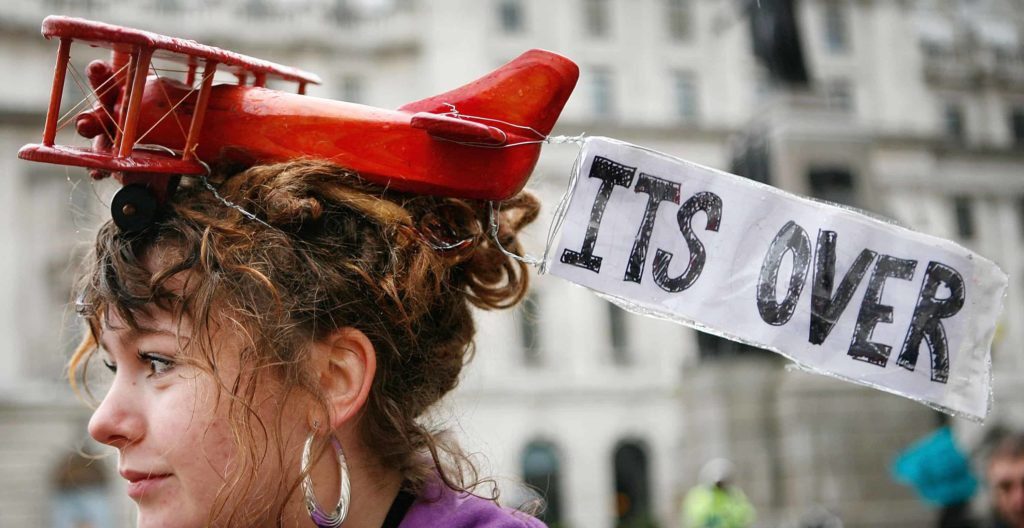
A Swedish friend has just returned to Australia from Sweden (yes, on a plane) after visiting family and friends in the European summer.
He’s been living in Australia for some time and like most of us who live at this end of the world, has limited choices of returning to see loved ones without travelling the 15,234kms to Gothenburg via a time-consuming plethora of impractical means of transport.
But when I spoke to him the other day, the one thing that caught him off guard on this trip to his homeland was the ‘flygskam’ or ‘flight shame’ movement that has taken hold in Sweden.
Thanks to 16-year-old Swedish environmental activist Greta Thunberg (already, one of the most impressive leaders of our time) who refuses to travel by plane, the ‘Flight-free 2020’ movement is now spreading throughout Europe.
Indeed in September, Greta Thunberg will sail across the Atlantic in a high-speed racing yacht to speak at UN climate summits in the US and Chile, and no doubt only propel the movement further.
So what to think? Does ‘flygskam’ sound ridiculous? Or is it an ethical dilemma of our times that needs exploring further?

What’s the challenge?
It’s no secret that flying contributes more than 2% of global carbon emissions and is only set to rise.
According to the International Air Transport Association (IATA), global passenger numbers almost doubled from 2008 to around 4.37 billion in 2018 and estimates that it could almost double again to 8.2 billion passengers by 2037.
One interesting fact is that Swedes are among the most prolific travellers in Europe. While only a population of just under 10 million, they remarkably made more than 59 million trips in 2017, which equates to roughly six trips per person, according to Eurostat.
Yet, the number of Swedes taking domestic flights is falling. Domestic passenger numbers fell by 3.6% in 2018, according to Sweden’s Transport Analysis who cited the “current climate debate” as part of the reason. Swedes are choosing to take fewer trips and using rail and road instead to get from A to B.
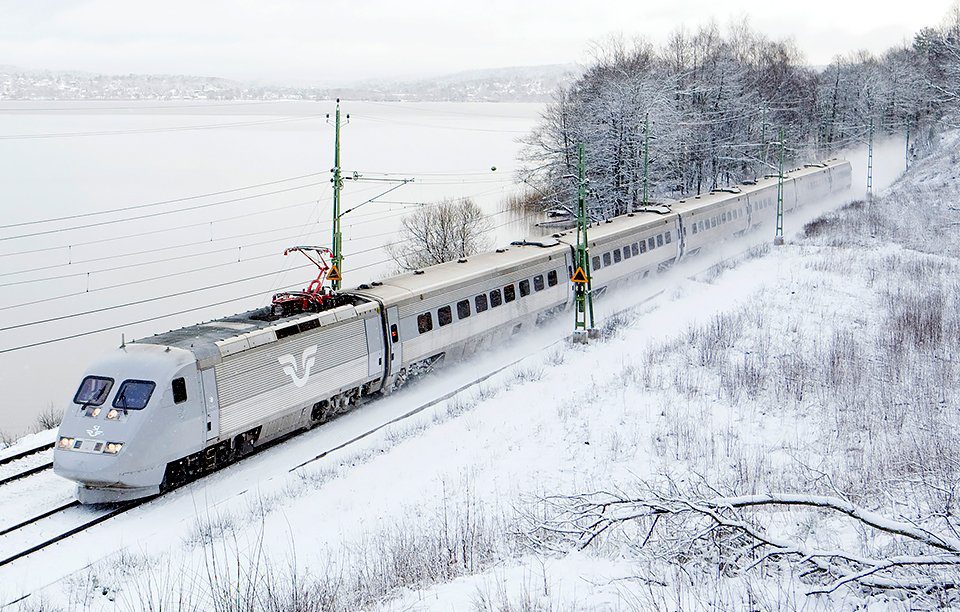
This is all well and good if you live in Sweden and large parts of Europe where distances are shorter and electric rail and road infrastructure is well connected and (mostly) good value, but if you reside in Australia or the Pacific, for example, it’s a different proposition entirely.
While evolving technology can no doubt help with corporate and personal communication versus flying to face to face meetings, we still need to cover large distances by air to travel domestically, let alone overseas.
While I work in travel, to date already this year I’ve (shamefully) taken 52 domestic and international flights in and out of Australia. Writing this article and having only just tallied it up, it’s not something I’m particularly proud of given I haven’t personally offset any of those flights outside of the usual airline programs.
So what to do? How can the more responsible of us who actually care about our level of impact feel ethically better about flying? Should we start by looking to curtail our flying where possible?
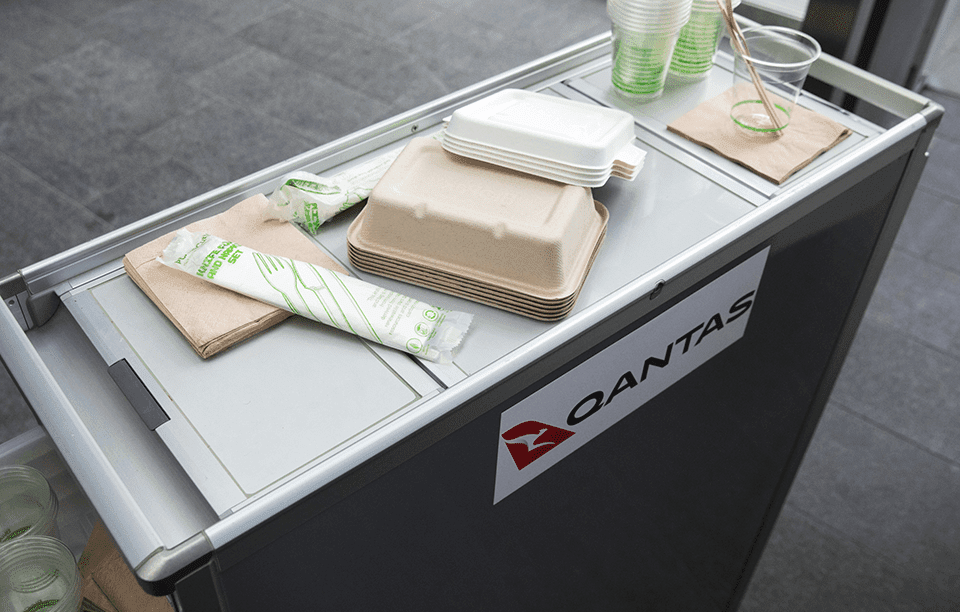
What’s the solution?
Wherever you stand on this debate, the bottom line is that the vast majority of the world is not going to be grounding themselves any time soon.
Quite the opposite in fact, because as more of the developing world find themselves with more money in their pockets, all of us are going to add to that estimate of 8.2 billion passengers by 2037.
Bundle in the reality that airlines are stuck with fossil fuels as their primary source of power for the immediate future, and you can understand why ‘offsetting emissions’ in any shape or form to achieve ‘carbon neutral’ status has been and still is the goal to level our planet-sized playing fields.
The idea of carbon offsetting is nothing new and has been around for the last two decades. Though carbon offset programs have been criticised in the past for giving people an excuse for irresponsible climate behaviour, carbon offset verification has improved drastically in the past decade.
Most airlines have their own comprehensive carbon offsetting programs in place and also ask passengers to contribute financially on each flight as a percentage of their ticket.

Qantas, for example, says its the “largest offsetter of any airline” thanks to their ‘Qantas Future Planet’ initiative which helps conserve rainforests from deforestation to reducing emissions from uncontrolled wildfires to name but a few. Qantas also flew its first zero-waste flight recently from Sydney to Adelaide saving 34kgs of trash on one flight.
Dutch airline KLM is continuously reducing CO2 emissions by investing in fuel-efficient aircraft, by making better use of air space, optimising flight operations (for example by saving weight onboard), using sustainable fuel and by offsetting emissions. Furthermore, KLM has actively promoted rail connections versus flying for short-distance destinations, which is a very forward-thinking concept.
In July, Delta flew its first carbon-neutral flight using a percentage of biofuels and carbon-offsets while Etihad Airways was the first Middle Eastern carrier to fly a single-use plastic-free flight from Abu Dhabi to Brisbane, Australia in March this year.

Although a positive step, replacing jet fuel entirely with 100% biofuel still looks like an unsustainable stretch for the aviation industry. More than 150,000 flights have used biofuel to date, but the amount of aviation biofuel produced in 2018 still accounted for less than 0.1 percent of total consumption.
Jatropha is an easy-to-grow plant and has been identified as a promising source of oil but would mean ploughing up around 375 million hectares, more than a third of the United States to provide enough fuel to sustain the aviation industry. Which naturally brings its own sustainability issues.
While there is no enforced carbon tax payable for airlines (currently), France has said it will introduce a new “ecotax” on plane tickets departing France from 2020 and cost between 1.50 euros ($A2.40) and 18 euros ($A29) per ticket. The French Government says the revenue will be used to fund environmentally friendly alternatives.
But will this make a difference? Or will it just make tickets more expensive for passengers and become potentially damaging to airlines’ bottom lines?
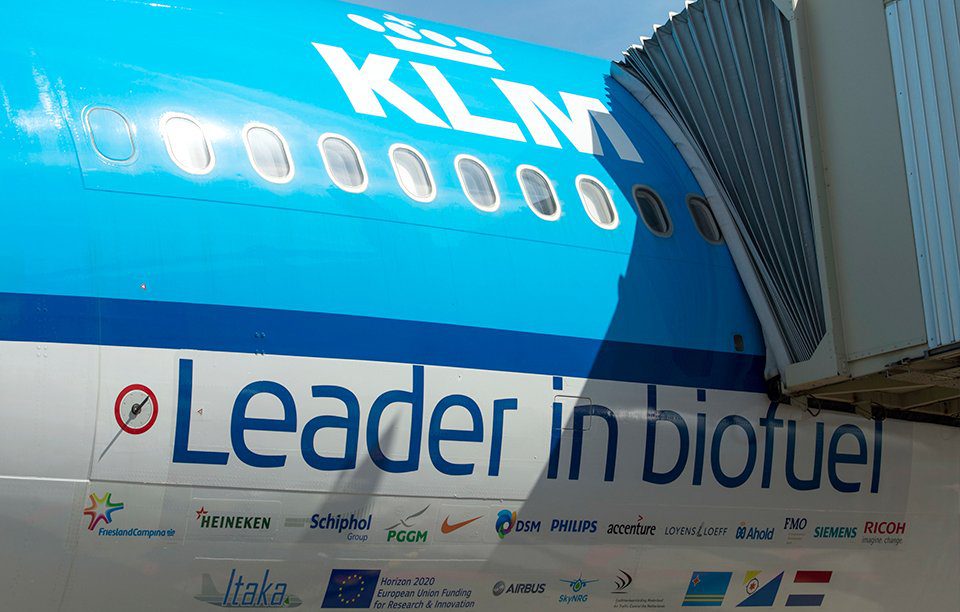
What will the positive impact be?
While it’s clearly a very complex and polarising issue, perhaps the shame some people are starting to feel about our climate sins is perhaps a positive sign that attitudes are at least changing.
There is now a conversation happening and it’s consumers that are amping up the volume and pressing all of the travel industry to change their ways for a more sustainable future.
The hope for all environmentally conscious travel nuts is that one day, we may be able to fly around the world in emission-free planes completely powered by renewable energy such as sun, wind and hydropower.
Already there are prototypes out there, and some experts believe that we could be flying long-distances in electric planes within the next 20 years.
Let’s hope any form of ‘flygskam’ or ‘flight shame’ becomes just as much of a fossil as the fuels currently causing it.
How big is your environmental footprint? Find out: https://footprint.wwf.org.uk/#/
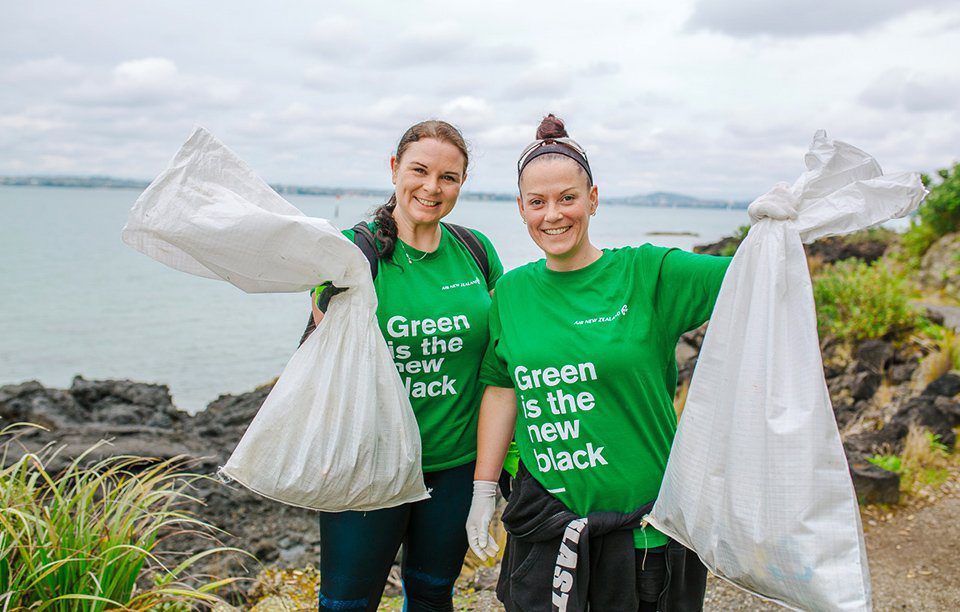
How can you travel to change the world?
Congratulations! By reading this post and taking some of these insights on board, you’ve already made a difference.
Now you can easily create your impact by sharing your new-found knowledge with other friends who you think would also be interested.
Ultimately, responsible travel comes down to common sense – stay curious, keep yourself up-to-date with the challenges at hand and make yourself accountable for your actions on your travels.